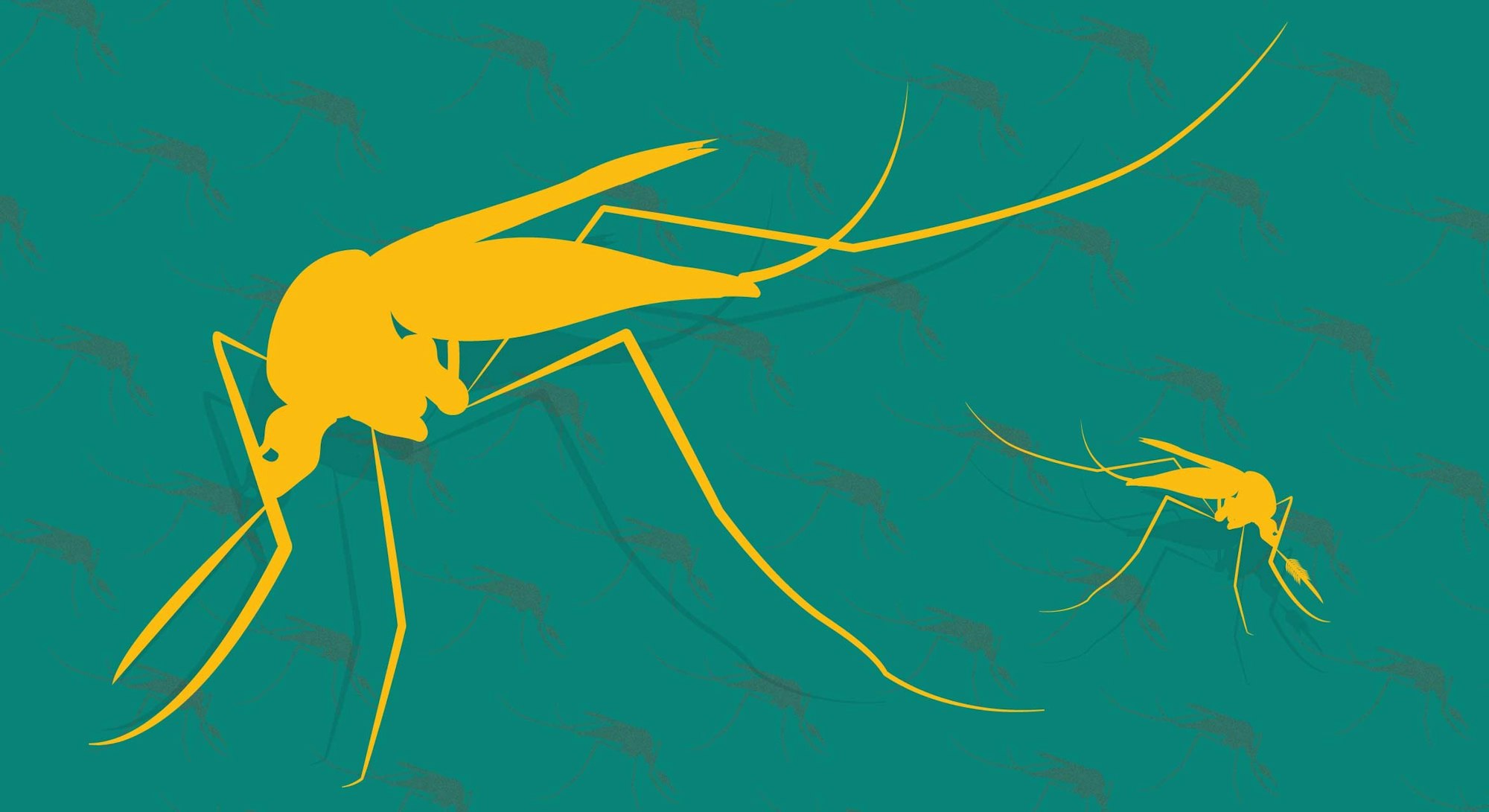New Research Aims to Develop Safer, More Effective Mosquito Repellents

Scientists at the University of California, Riverside, are using machine learning to identify new mosquito repellents that could provide longer-lasting and safer protection against mosquito-borne diseases like dengue and West Nile virus. Led by Dr. Anandasankar Ray, the research team has screened millions of chemical compounds, identifying promising new repellents from natural sources like food and plant extracts.
This work is especially important as mosquitoes develop resistance to existing insecticides, including pyrethroids commonly used in mosquito control products. Ray’s team is also investigating why some people attract mosquitoes more than others, aiming to develop more personalized and effective repellent solutions.
For Los Angeles County residents, where mosquito-borne diseases like West Nile virus pose an annual risk, these innovations could provide improved protection. While new repellents are being developed, local mosquito control remains critical. Residents should eliminate standing water, use mosquito nets and screens, and wear repellent when spending time outdoors.
Stay informed on the latest mosquito control advancements and how to protect yourself and your community.
